New forms of technology are bound to change how we live.

We asked Ian Pearson, a futurist with an 85% accuracy record, what new technology we can expect to see by 2050 and how it will change the way we live.
Scroll down to see Pearson's biggest predictions about the future:
- We could start seeing delivery drones finally start making deliveries in the next two years.
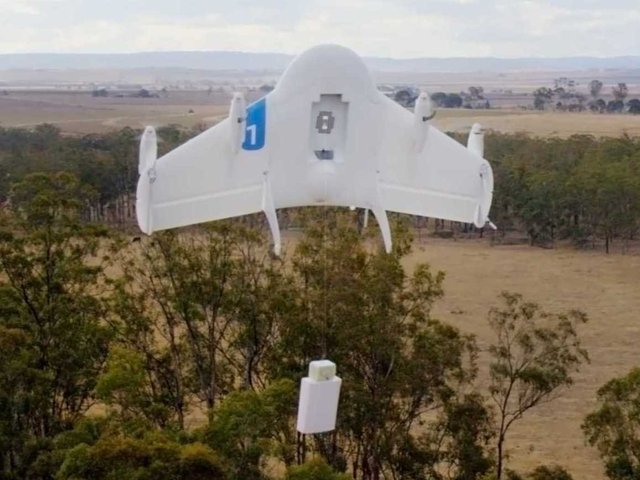
Regulation, rather than the technology, is more of a limiting factor for getting delivery drones off the ground. But Pearson said by 2018, drones will be used to deliver things like packages to hospitals.
But he doesn't see delivery drones being allowed to become too widespread. It may be used for some package delivery, but not everyday activities like pizza delivery, he said.
- A Hyperloop could take us in between cities in just six years.
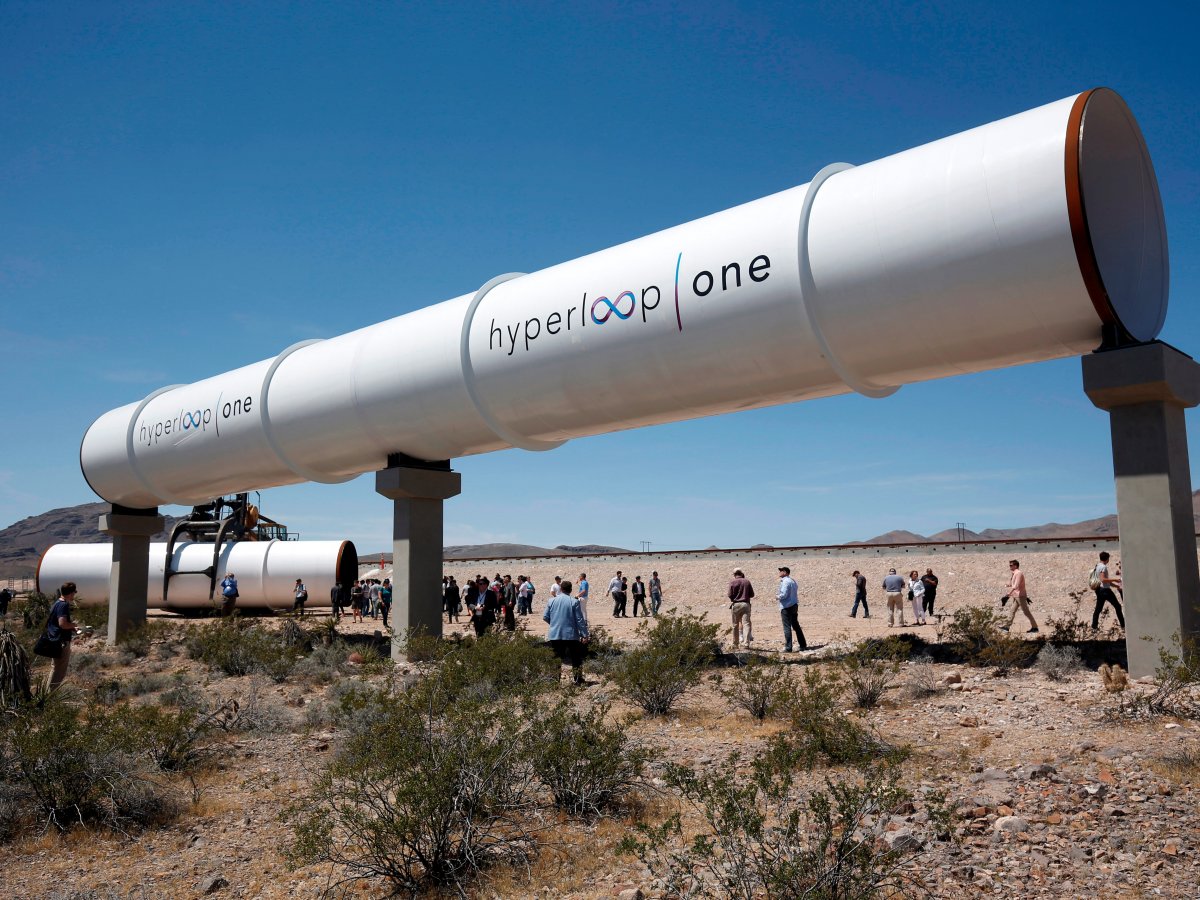
We already know we're getting closer to seeing a Hyperloop, a high-speed propulsion system, after seeing the first test run by start-up Hyperloop One in May. Hyperloop One has actually partnered with the City of Moscow to bring one to Russia.
Pearson said he expects to see a short-range Hyperloop that transports people between two cities in five to six years time.
- Machines could start thinking like humans as early as 2025.
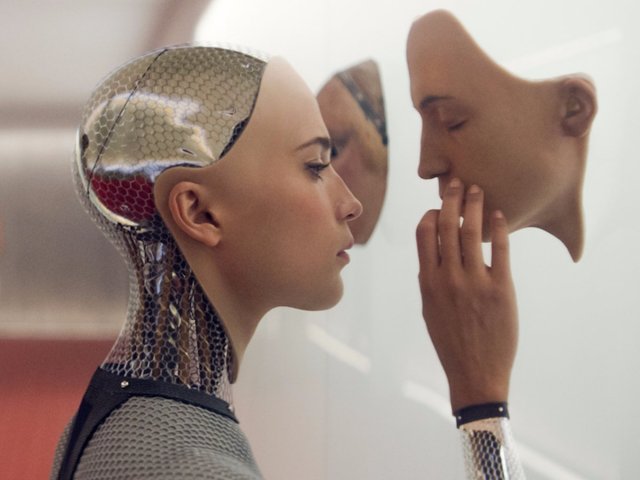
Pearson said he thinks it's very feasible that computers could gain consciousness by 2025, perhaps even earlier in 2020.
"Google's DeepMind isn't there yet, but really I'm sure they'll probably discover those things along the way, and by 2020, it's possible their computer could be superhuman and could be conscious," he said. "That could be the beginning of the end, really."
- Space trips designed to send people to Mars could start taking place in 2030.
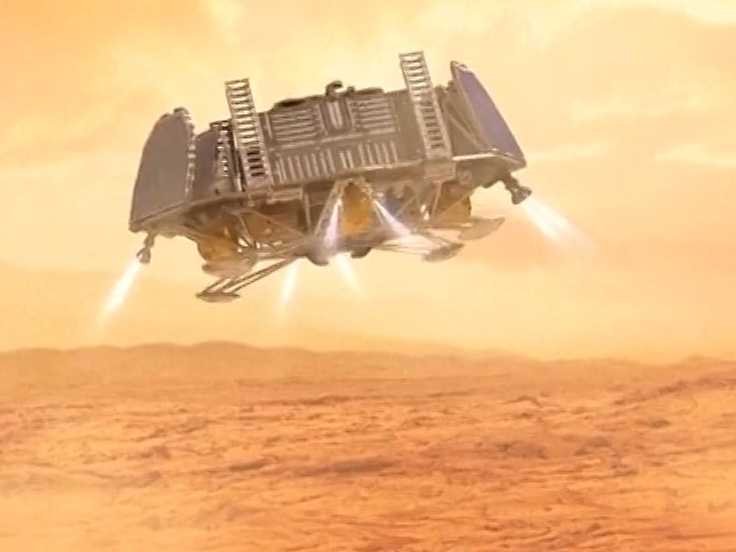
That prediction actually gives Musk some leeway in realizing his vision of getting people to Mars. Musk said at Vox's Code Conference in June said he plans to send astronauts to the red planet in 2024 so they get there by 2025.
"We will see first people going off to mars, and then robots will do some basic stuff like making basic materials [on Mars,]" Pearson said. "We're going to have to do that because only so much can be brought to space."
- Prosthetics could get so advanced in the next 10 years they could give people new skills.
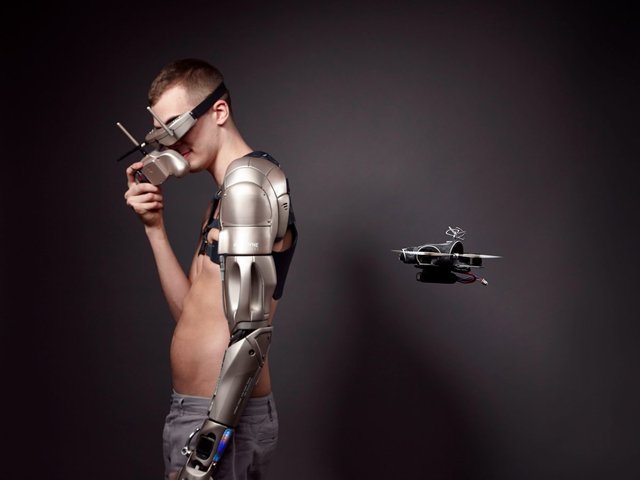
We've started seeing people use advanced prosthetics already. James Young, a 25-year-old biological scientist, has a prosthetic arm with a personal drone and built-in flashlight. And a French artist is using a prosthetic that doubles as a tattoo gun.
Pearson said prosthetics will continue to get more advanced to the point where people are fully comfortable with technology merging with the body. For example, he said people could choose to get cybernetic implants in their legs to make them stronger.
Hi! I am a robot. I just upvoted you! I found similar content that readers might be interested in:
http://www.businessinsider.com/ian-pearson-predictions-about-the-world-in-2050-2016-7
Downvoting a post can decrease pending rewards and make it less visible. Common reasons:
Submit
Woo
Downvoting a post can decrease pending rewards and make it less visible. Common reasons:
Submit
thanks
Downvoting a post can decrease pending rewards and make it less visible. Common reasons:
Submit